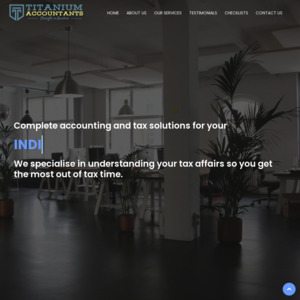Edit % June 2017
I have now closed this thread.
I will think about posting a third round on the last week of June depending on how many people want me to do it.
I will be ready to prepare everyone's 2017 returns in July. I look forward to hearing from you.
For everyone else, thank you for participating and I hope you appreciated our answers.
Hi All,
I did a tax AMA a few weeks ago and got an overwhelming response (close to 700 replies).
I am going to do another one that will go from today 31 May to Sunday 4th June.
If you have any tax or tax related questions then ask below and I will do my best to get back to you as soon as possible.
Disclaimer: Any advice or answers given will be general in nature and you may need to speak to a tax adviser for more personalised advice.
P.S Please see my previous forum post as we tried to avoid duplicate questions.
I will reply to this thread with a link to the previous post.
Look forward to answering all your tax queries.
Lets do this!

You really need an accountant as it seems you are not really aware of the best way to minimise your tax going forward in the long term.
Claiming the entire amount as a deduction is not always a good thing. In fact, if Uber is your only source of income, it will almost certainly be a bad strategy to claim the entire amount of the car in the first year.